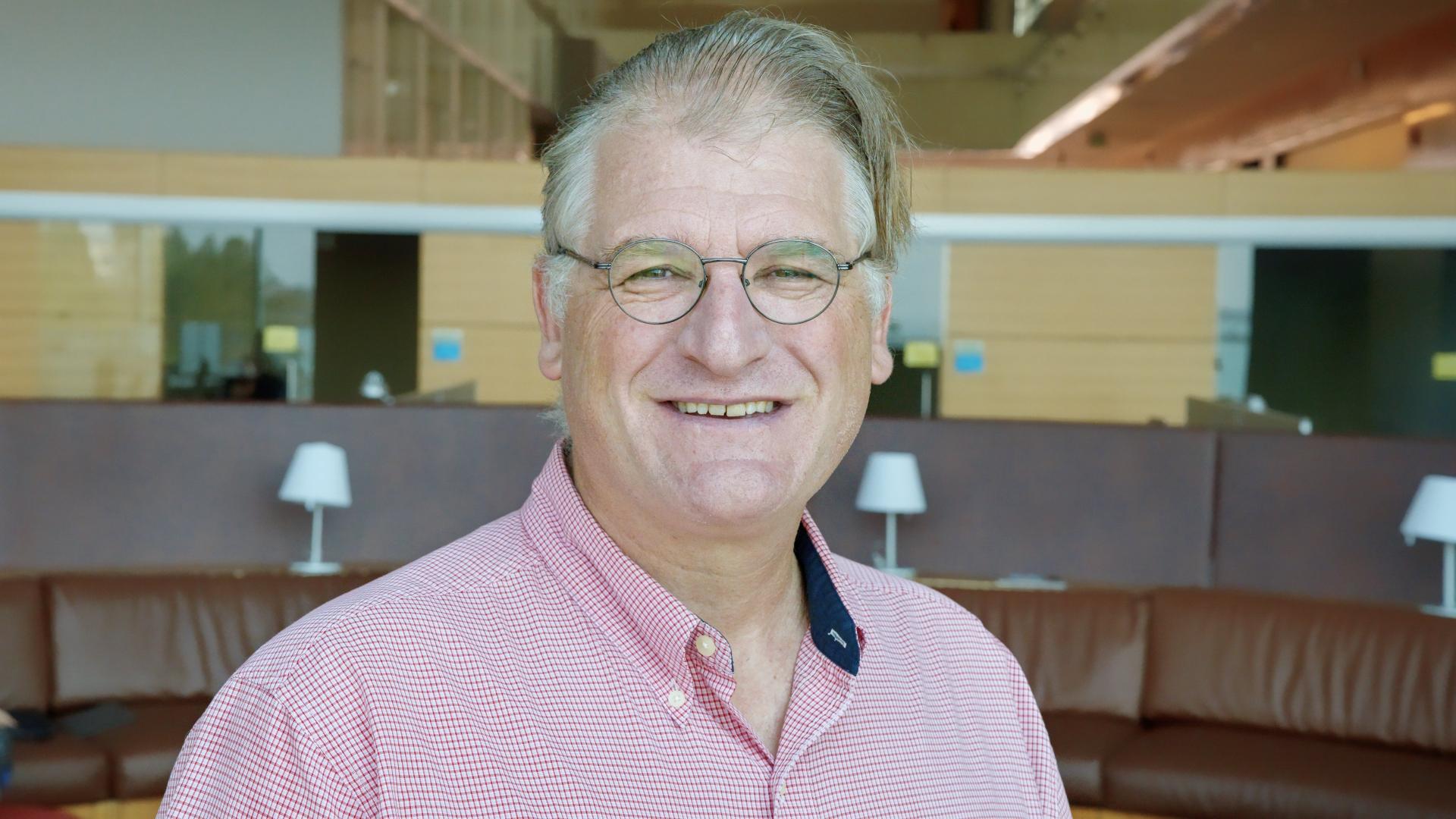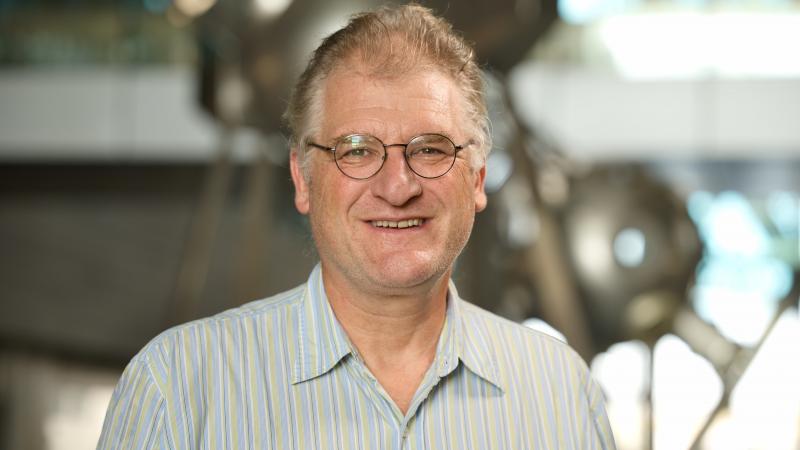By David Murphy
Eric Feron is a professor of aerospace software engineering who recently joined the KAUST CEMSE Division from the Georgia Institute of Technology. Prior to his time at Georgia Tech, he was an active faculty member in MIT's Aeronautics and Astronautics department from 1993 until 2005. Feron’s career in academia began in Paris, France, where he obtained his B.S. and M.S. from École Polytechnique and École Normale Superieure, respectively. He later completed his Ph.D. in aerospace engineering at Stanford University, U.S.
“I grew up in Paris, and I attended school there: first at Lycée Louis-le-Grand and École Polytechnique, where I learned math. Then at the Sorbonne Université, where I learned computer science and published my first research paper. Lastly, at Stanford University, where I earned my doctorate in aeronautics and astronautics. Add 26 years of teaching, and you get an entire life spent at school.”
His research interests center around the use of elementary concepts of control systems, optimization and computer science to address key issues in modern aerospace engineering. More specifically, aerobatic control of uncrewed aerial vehicles, multi-agent operations, including air traffic control systems and aerospace software system certification.
Regarding his current line of research, Feron notes that he is a "bottom-up person," and is an individual who cannot fully comprehend the impact of his research ahead of time: “I am an engineer who likes to work on intelligent, complicated, and usually heavy [machinery] that can greatly help you in life, but can also kill you if anything goes wrong. Think airplanes and other transportation systems—they are wonderful—but failures can be catastrophic, as we have seen in the recent news.
“In hindsight, I believe I have had decent success helping passengers enjoy a better air travel experience and paving the way for the drone era. My team [at KAUST] will continue to contribute to the general area of transportation systems and mobile robotics.”
It was the increasing frequency of high-profile peer appointments to KAUST from other established U.S.-based institutions that first his stoked his interest in a possible move to the Kingdom and KAUST. “Certain moves undoubtedly caught my attention, for example, Jean-Lou Chameau, joining KAUST following his presidency of Caltech, and Jeff Shamma (also a professor of EE) doing the same. And after a visit back in 2014, I started thinking 'Why not? The facilities are impressive, and so are the people'.
Feron’s move to KAUST follows a recurring theme of instinctive moves that has marked his 33-year career thus far; a career that began in Toulouse, France, and has ended up by the shores of the Red Sea in Saudi Arabia, via a selection of top tier U.S. institutions.
“All modesty set aside, I believe I felt the first 'call of the research’ when I was in 10th or 11th grade. My math teacher was showing us something interesting, and I had the clear feeling that I wanted to know more, not by listening or reading further, but by figuring things out by myself first, regardless of whether they are already known or not. That is a key trait of the 'research attitude', which I systematically ask my students to adopt. In my sophomore year, I was stunned by a math lecture on something having to do with projections on compact sets. I really loved the stuff, and it turns out I never really wandered far away from it during the following 33 years.
“The rest of my research life was somewhat unplanned, but somehow it worked out. I was supposed to start a research career in Toulouse, France, and I began teaching at MIT instead. I was supposed to be married to MIT for the rest of my life, and I moved to Georgia Tech instead, presumably for life again. And now here I am at KAUST.
“It is very exciting to be at KAUST at a time when the Kingdom of Saudi Arabia is all over the news. As always, I feel the challenge set by my new colleagues' own record. I believe much of my work will benefit from what is already happening at KAUST.”

